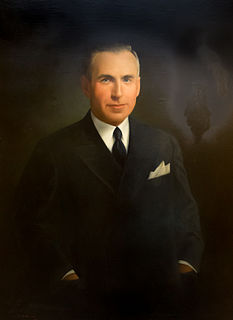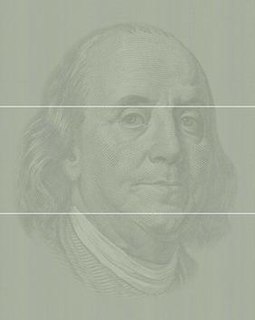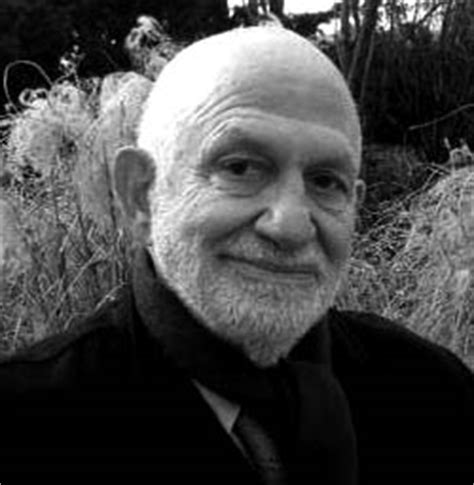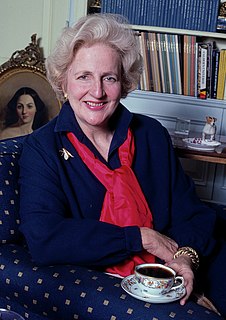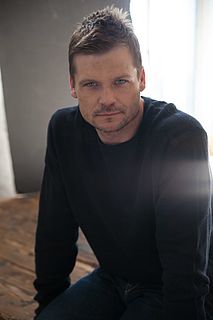A Quote by Marshall Goldsmith
Once you get a reputation for emotional volatility, it can take years of model behavior to change how others see you.
Related Quotes
What I mean by it, and roughly what most biologists who talk about culture mean by it, is either behavior itself, or information that leads to behavior. Information that is picked up through social learning - so, from being with, watching, being taught by others. It's a way that individuals behave or get information about how they will behave that comes directly from the behavior of others.
When we see the need for deep change, we usually see it as something that needs to take place in someone else. In our roles of authority, such as parent, teacher, or boss, we are particularly quick to direct others to change. Such directives often fail, and we respond to the resistance by increasing our efforts. The power struggle that follows seldom results in change or brings about excellence. One of the most important insights about the need to bring about deep change in others has to do with where deep change actually starts.
We have many years to eat and sleep, but how many years do we have to make a difference in the lives of others? That's the highest calling any of us can have: Living our life so as to intentionally add value to others. But to do this, we have to make ourselves more valuable. We have to keep learning, growing, developing as leaders and taking responsibility for being the change we want to see in the world.
Emotional dependence is the opposite of emotional strength. It means needing to have others to survive, wanting others to "do it for us," and depending on others to give us our self-image, make our decisions, and take care of us financially. When we are emotionally dependent, we look to others for our happiness, our concept of "self," and our emotional well-being. Such vulnerability necessitates a search for and dependence on outer support for a sense of our own worth.
After meditating for some years, I began to see the patterns of my own behavior. As you quiet your mind, you begin to see the nature of your own resistance more clearly, struggles, inner dialogues, the way in which you procrastinate and develop passive resistance against life. As you cultivate the witness, things change. You don't have to change them. Things just change.
Many Westerners see follow-through and reliability as the most critical factor in how they calculate the trustworthiness of another individual. In some other cultures, who you know and how you're related to other individuals is the most important variable. And for others, it may be as much about your reputation and what others have said about you.





